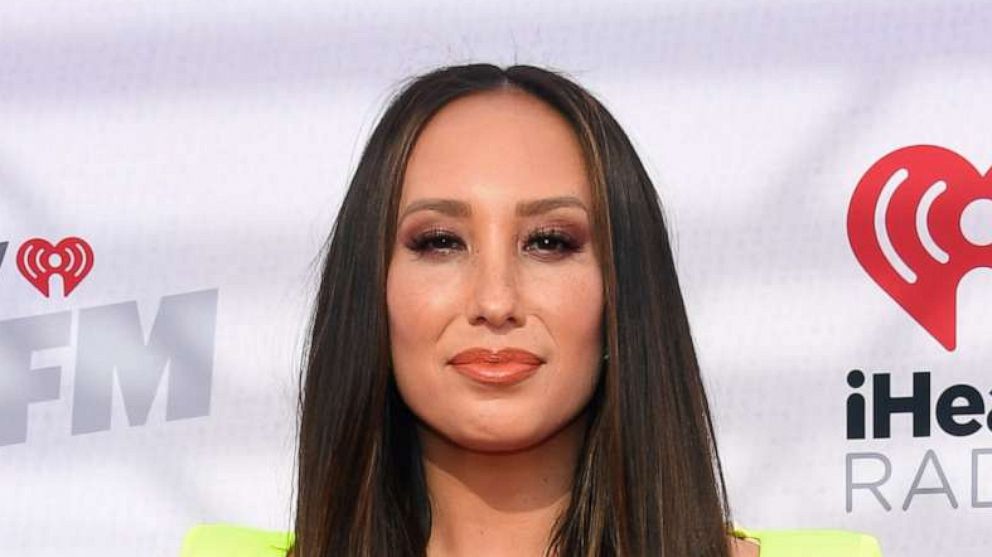


Cheryl Burke shared a powerful reaction to the Supreme Court's decision to overturn Roe v. Wade, revealing she received an abortion when she was 18.
The "Dancing With the Stars" pro, 38, posted a TikTok video on Friday in which she said she was "saddened" by the news that the court struck down the 1973 landmark decision, which made abortion a constitutionally protected federal right. Burke said this news weighed heavy on her heart and was "really hard" for her to talk about.
"If it wasn't for places like Planned Parenthood, I would be a mother -- and I wouldn't have been a great mother and I definitely wouldn't be sitting here with you today," she began. "You're taking away women's rights, our bodies, our freedom. Our bodies have nothing to do with anybody else, right? This is a decision that we need to make."
Burke explained how she got pregnant during "a really huge transition" in her life and was practicing safe sex, was using protection and was on birth control but "s--- happens."
"I was two weeks pregnant when I got an abortion, and I remember rolling up to Planned Parenthood with picketers holding anti-abortion signs -- and that alone was traumatic," she continued. "The whole process is traumatic, and the fact that now you’re making it illegal for us women to make this decision about our own bodies is absolutely insanity.”
Burke said she has "no regrets" over her decision to get an abortion and is in a "happy" place today because it allowed her to pursue what she is passionate about. The professional dancer said there's "no shame" in getting an abortion, should a person decide it's best for them, and urged for people to consider the mental health of those forced to have a baby now.
With the Supreme Court doing away with Roe v. Wade, the power to determine whether or not abortions are legal was returned to the states. Several states already have trigger laws that will make abortion illegal in most, if not all, cases, while others have protection for the right to get an abortion.
A person's abortion access will now be determined by where they live in the U.S., something experts say will likely affect people of color and other marginalized communities the most.